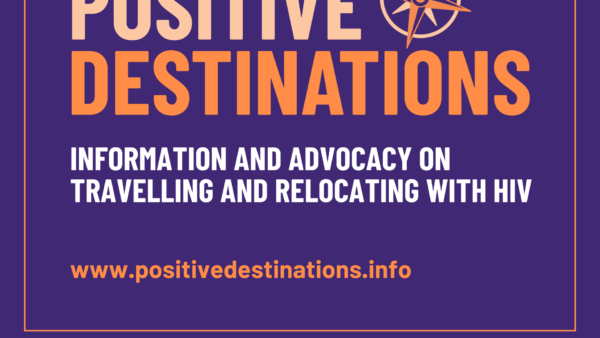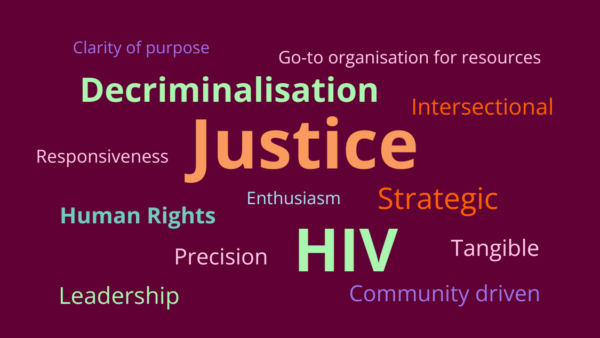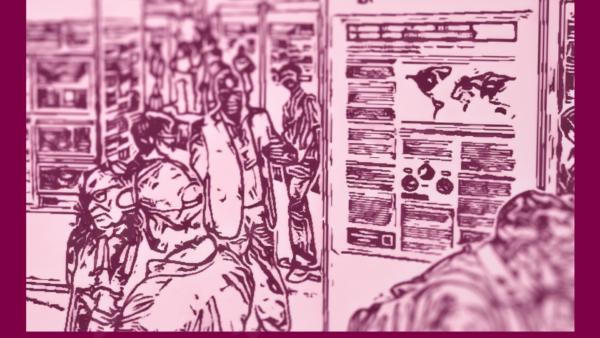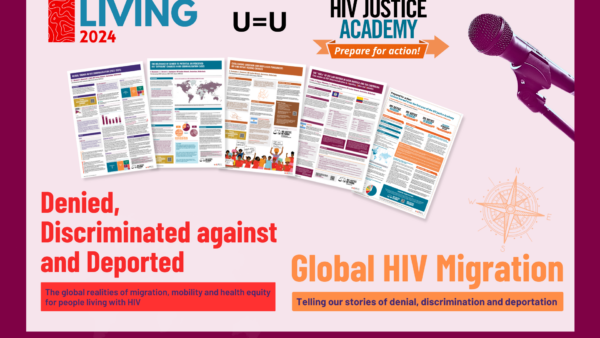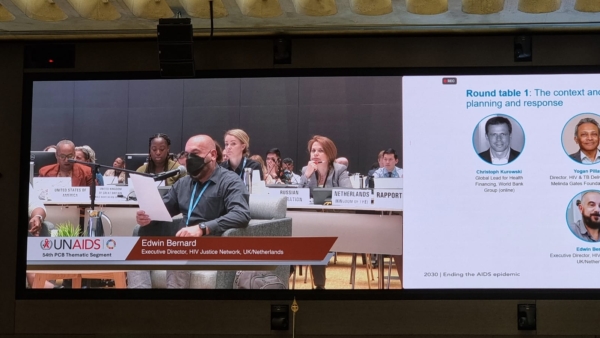
Surveillance, Stigma & Sociotechnical Design for HIV
Abstract
Online dating and hookup platforms have fundamentally changed people’s day-to-day practices of sex and love-but exist in tension with older social and medicolegal norms. This is particularly the case for people with HIV, who are frequently stigmatized, surveilled, ostracized and incarcerated because of their status. Efforts to make intimate platforms “work” for HIV frequently focus on user-to-user interactions and disclosure of one’s HIV status but elide both the structural forces at work in regulating sex and the involvement of the state in queer lives. In an effort to foreground these forces and this involvement, we analyze the approaches that intimate platforms have taken in designing for HIV disclosure through a content analysis of 49 current platforms. We argue that the implicit reinforcement of stereotypes about who HIV is or is not a concern for, along with the failure to consider state practices when designing for data disclosure, opens up serious risks for HIV-positive and otherwise marginalized people. While we have no panacea for the tension between disclosure and risk, we point to bottom-up, communal, and queer approaches to design as a way of potentially making that tension easier to safely navigate.
The study can be downloaded here





